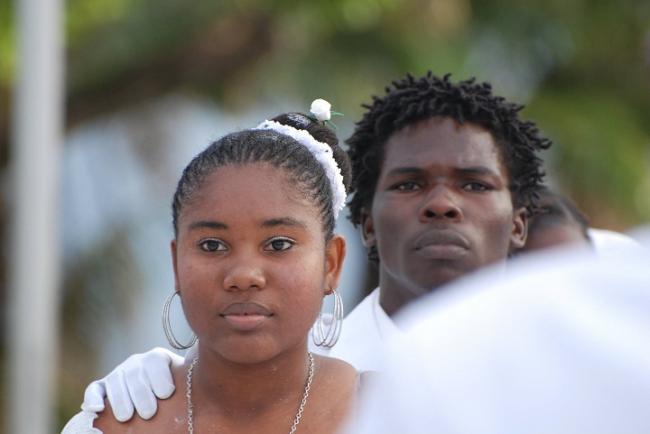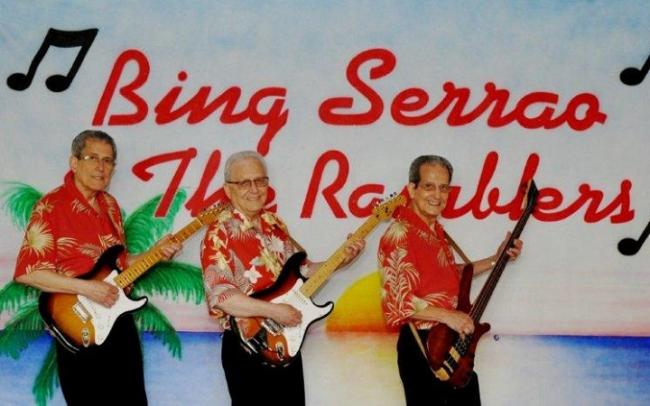MANKIND AS PROPERTY. in the film there are several references to the fact that a slave is no more than the ‘goods’ of his or her owner. It is a deeply offensive concept.
This however is exactly how slaves were regarded in the Georgetown of the 1770s. It all seems unreal now, this concept of human property. The ancestors of the people (see couple photographed in Suriname) were once traded, rented out and mortgaged. Under the applicable Roman law, their marriages weren’t recognised, and they had no right to family life – or any rights, for that matter.
The slaves weren’t merely chattels, they were also a responsibility; their master was duty-bound to clothe them and feed them for life; he had to discharge all their liabilities (including the cost of imprisonment, at five pence a day) and to ensure that they were never a drain on the public purse. What’s more, he was also the only person who was allowed to flog them, work them, free them, donate them, or bequeath them in a will. Just as they defined his status (a European had to have twenty-five slaves in order to vote) so he defined their existence. As a matter of law, the slave’s life was, in many ways, like the life of a valuable horse.






